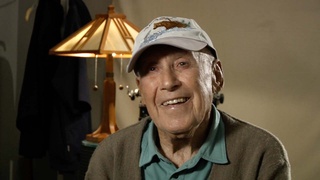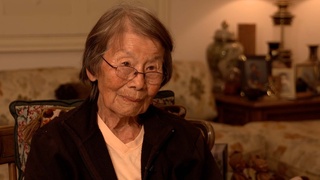Interviews
Feeling closer to Japan as a Japanese American
I think because of the fact that I could speak Japanese, I could read Japanese and write Japanese, when I was in Japan I felt somewhat closer to them than to the Americans. We had American partners, and belonged to the Tokyo American club, and there we associated with only Americans. But while associating and working with the Japanese and speaking Japanese with them, I felt very close and part of Japan. Not that I was Japanese but I felt fortunate that I was an American. That I was able to deal with the Japanese in their own term, which is their language. That was something that I felt very strongly because not knowing the language of a foreign country, the country you’re in, is a great, great disadvantage. That’s why the American partners in our firm were not that effective in Japan.
Date: May 29, 2006
Location: Hawai`i, US
Interviewer: Akemi Kikumura Yano
Contributed by: Watase Media Arts Center, Japanese American National Museum











